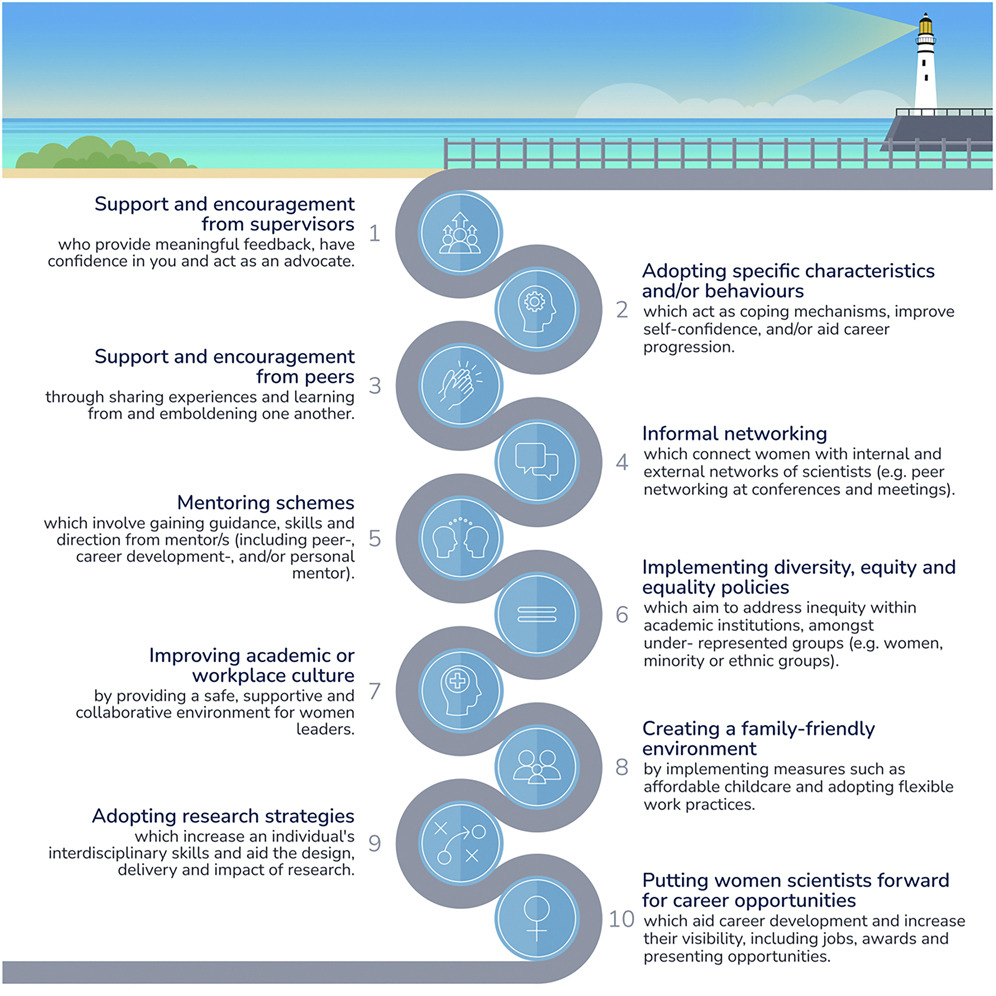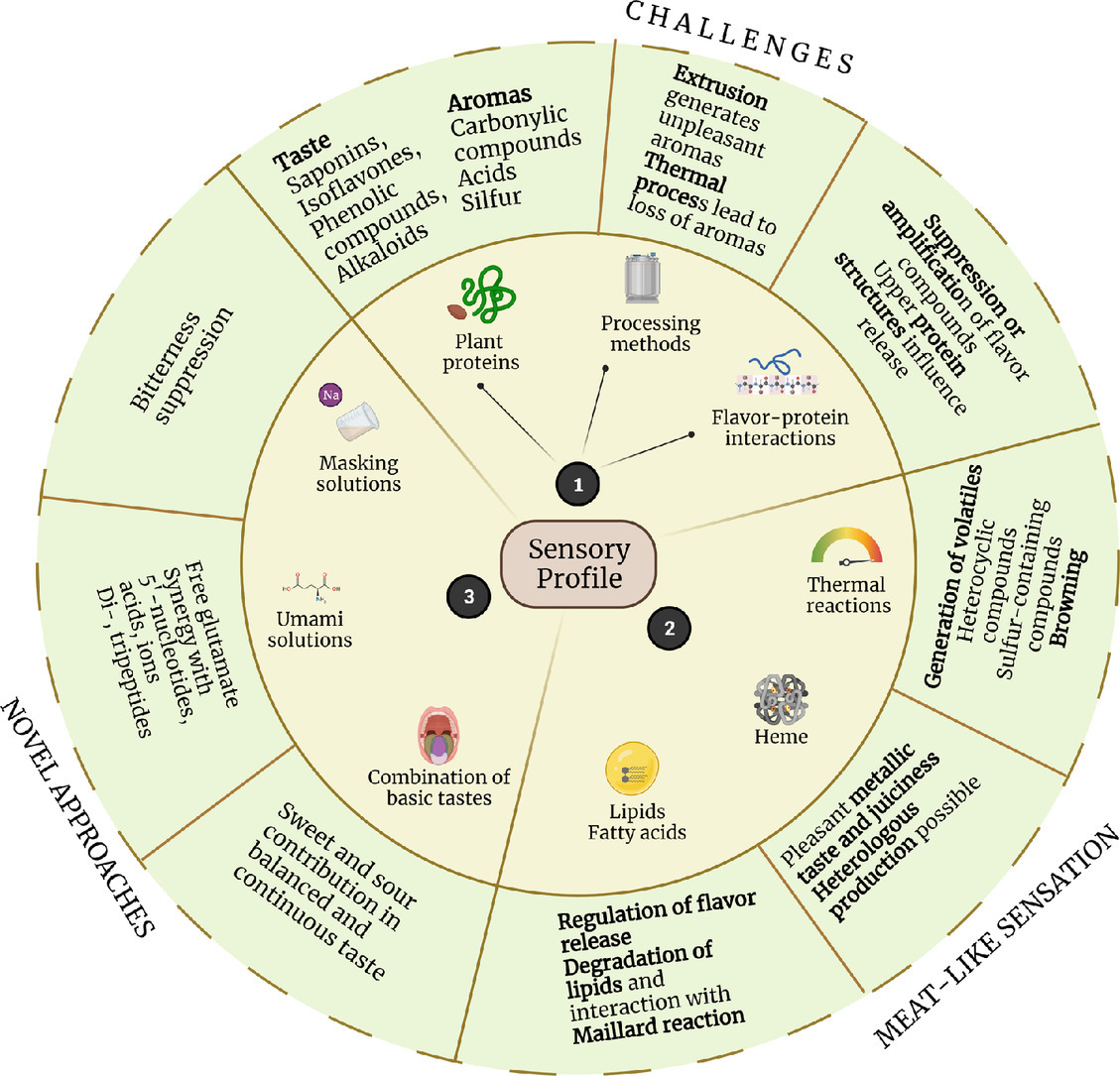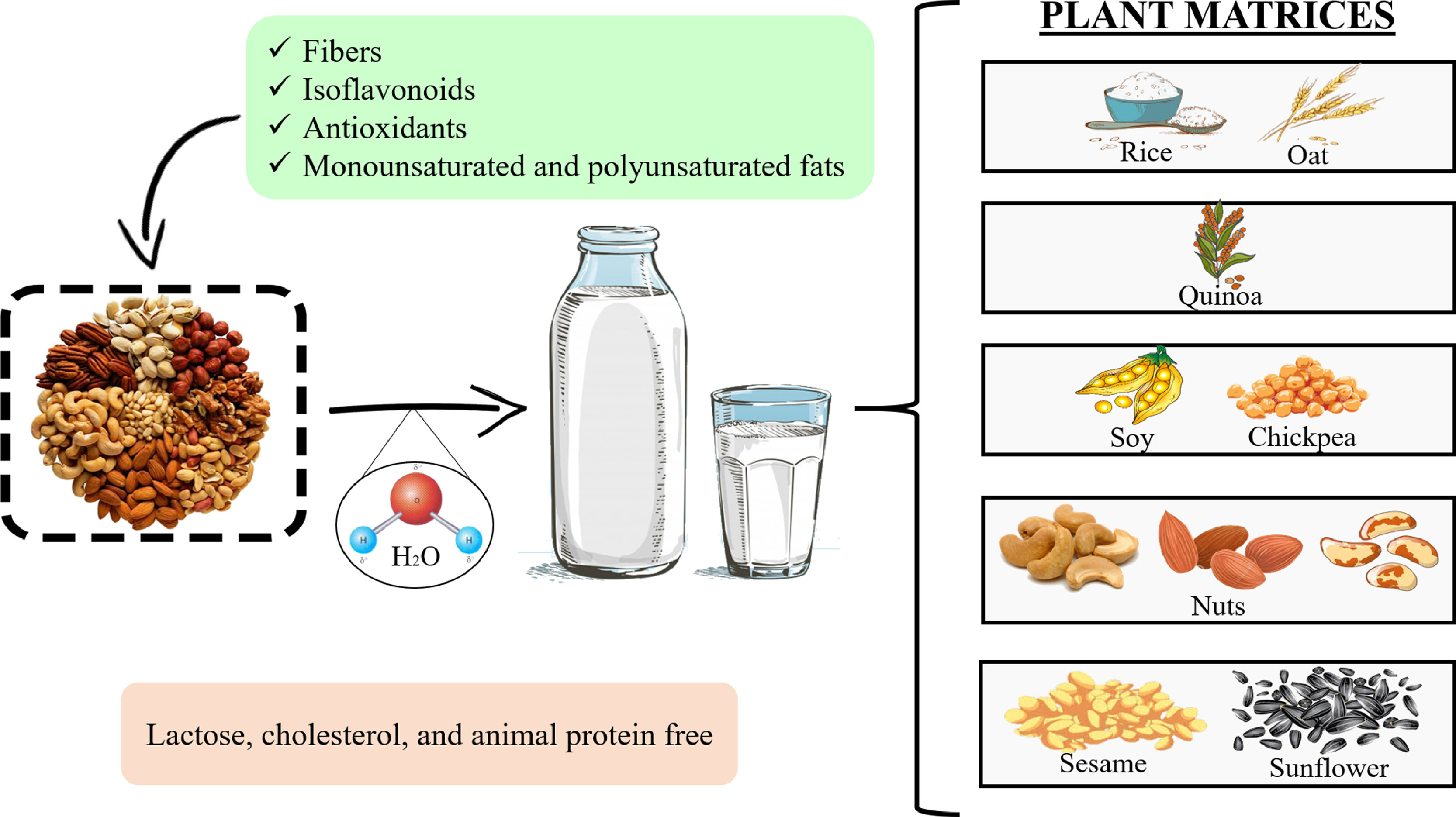Elsevier,
The Lancet Regional Health - Americas, Volume 10, June 2022
This Article supports SDG 3 by assessing the association between people leaving state in the USA for an abortion and the availalble facilities and state legislation. THe findings showed that the proportion of people leaving the state varied widely by state, and that this was affected by state-level abortion policy and facility scarcity.
Elsevier,
Energy and Buildings, Volume 264, 1 June 2022
The Paris Agreement goal of stabilizing temperature below 1.5C calls for a reduction of global energy consumption. Energy Efficiency policies are necessary but not sufficient to reduce energy consumption. Energy Conservation and Energy Sufficiency Policies complement Energy Efficiency policies, together they can reduce energy demand. The article presents some existing and new policies which address sufficiency. There is the need for coherent policy package with different types of policy instruments addressing efficiency and sufficiency.
Elsevier,
Preventive Medicine Reports, Volume 27, June 2022
Racial discrimination and cultural racism are associated with gun purchase while anticipatory racism-related stress is associated with intent to purchase a gun. Data suggest that racism and its link to increased firearm ownership and carrying may put Asian Americans at elevated risk of firearm injury.
Elsevier, Environmental Innovation and Societal Transitions, Volume 43, June 2022
Historically STI policy is connected to national security and the military. Yet, contemporary innovation policy is rarely discussed in a security context. This perspective argues that new, transformation-oriented innovation policies should more explicitly consider (a) the side-effects of policies on global security and (b) how the global security context influences the achievement of transitions. This need is further extrapolated by the current period of rapid major shifts in the global security landscape.
Elsevier, Future Foods, Volume 5, June 2022
Cow's milk is considered a staple in many diets due to its high nutritional value. It contains almost every nutrient that the human body needs. Milk is consumed as a beverage, poured on several foods, and added to coffee, tea, and smoothies. Furthermore, many food products are produced from cow's milk, such as ice cream, yogurt, cheese, butter, cake, desserts, and others. However, it is not a suitable option for everyone for reasons, including lactose intolerance, milk allergy, dietary restrictions, and potential health risks.
Elsevier, Future Foods, Volume 5, June 2022
Transitioning toward plant-based diets can alleviate health and sustainability challenges. However, research on interventions that influence animal-product consumption remains fragmented and inaccessible to researchers and practitioners. We conducted an overview of systematic reviews, also known as a meta-review. We searched five databases for reviews that examined interventions that influence (increase or decrease) the consumption of animal products.
Elsevier, Future Foods, Volume 5, June 2022
The availability of food is the basic entity for the survival of human. The resources that make a nation food secured is guided by multiple factors and can be evaluated using a set of indicators. We present an assessment for ranking food security of the South Asian Association for Regional Cooperation (SAARC) nations represented by Afghanistan, Bangladesh, Bhutan, India, Nepal, the Maldives, Pakistan and Sri Lanka using a set of indicators under the prevailing scenarios of climate change.




